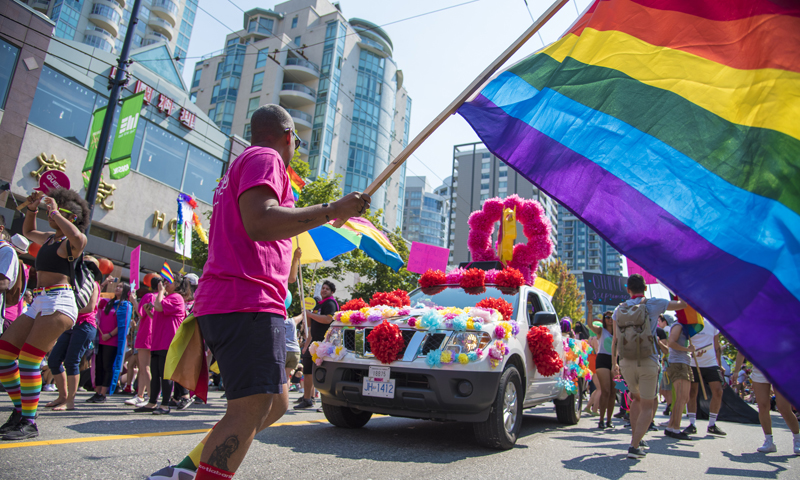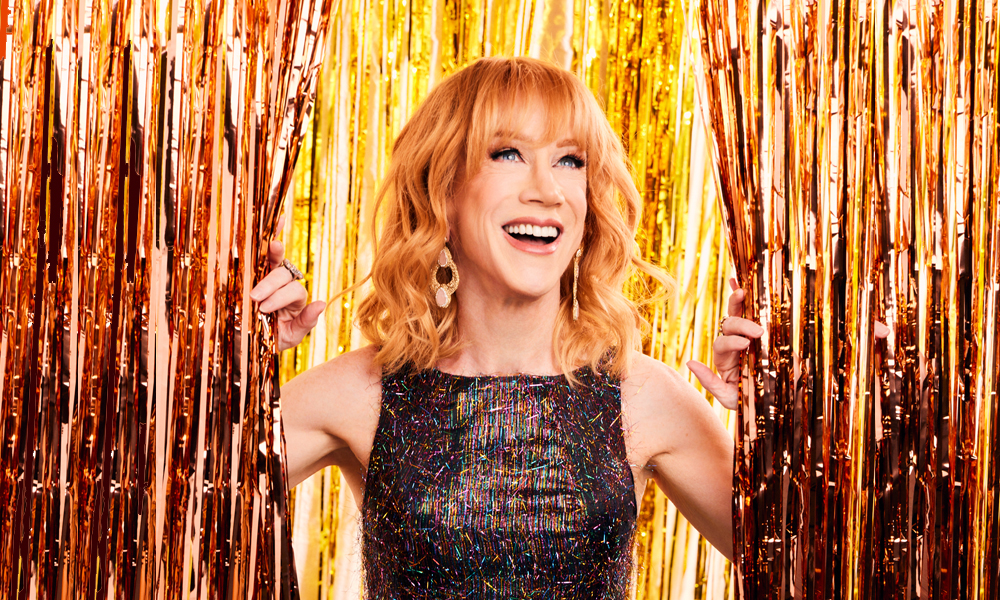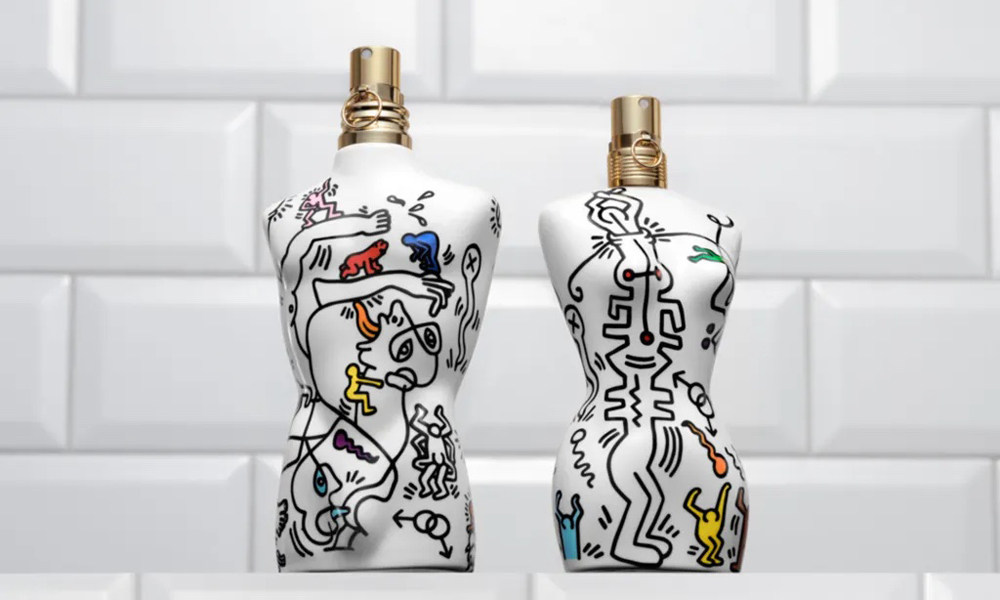Vancouver Pride hears from the community on how to heal deep hurt…
By Kaschelle Thiessen
In 1974, Pat penned an article in Pedestal, Canada’s first feminist periodical, explaining why she didn’t go to Vancouver’s Gay Pride Rally. “Even if we did end police harassment of homosexual bars and restaurants,” wrote Pat, “it would not end my harassment in such places.” She went on to write that she had more in common with straight women than with gay men, so she would continue to put her energy into the women’s movement rather than Gay Unity Week.
Six years later, writing in the Westender, Sandra expressed similar doubts about Gay Unity Week. “I myself am a transsexual,” explained Sandra. “I was confronted in a gay bar last year by the owner, who said I was a drag queen and no drag queens were allowed. I don’t promote myself as a drag queen and I sure don’t respect gay bar owners who tell me how to dress.”
That was 1980, one year before Vancouver’s first-ever Gay Unity Parade, and the community already had doubts about the event that would one day become the Vancouver Pride Parade. “What is gay unity week,” asked Sandra, “if gays can’t unite with one another?”
Reading through old periodicals is a trip: one moment you are proud of how far we have come, and the next you are surprised at how little has changed. Nearly 40 years later, the Vancouver Pride Parade has grown beyond its humble origins into one of the largest events in Western Canada. Yet fractures within our communities run deep, stretching back decades and widening year by year. Pride has long been accused of being divorced from its roots, becoming a party for affluent white gay men. With years of momentum fuelling both growth and division, how do you begin to heal those wounds?
Andrea Arnot, executive director of the Vancouver Pride Society, thinks she might have some answers. “When I come into a new organization, I like to get a snapshot of the current landscape and figure out how to move forward,” explains Andrea. “Once I was in my new role for a few months, I recognized there were far more issues than I was originally aware of.”
Andrea’s first instinct was to hold a series of community consultations to get the lay of the land. This process revealed a number of deep-rooted issues that Andrea set out to address.
Part of the process has been finding ways to decrease barriers while increasing inclusion at Vancouver Pride. This has ranged from partnering on Vancouver Pride’s first QTBIPIC-centric events, to engaging in an accessibility audit and disability justice training for all staff, to the creation of a 12-foot interactive kinetic peacock representing bisexual visibility.
Supporting the community has included giving funding to community organizers. “We recognize that Pride can’t be everything for everyone. Some folks will never come to our events regardless of what we do, and that’s okay,” says Andrea. “People are already doing meaningful and amazing work for their communities. Our role as an organization is to support that work…to provide whatever funding, resources, marketing, and staff support is needed to help them build their capacity.”
Not all of Vancouver Pride’s recent changes have been popular, including the controversial decision to remove uniformed members of law enforcement from the Vancouver Pride Parade. This was followed by barring the University of British Columbia and the Vancouver Public Library from marching in the parade due to their decision to provide a platform for transphobic speakers. “While these decisions were contentious within our communities,” says Andrea, “Vancouver Pride chose to stand with those most oppressed within our communities, not just those with the loudest voices.”
It has taken several years, but members of the community who had previously disengaged with Vancouver Pride are starting to notice. “Folks are reaching out to us and letting us know they appreciate what we are doing,” says Andrea. “My biggest learning has been to listen and to really hear what people have to say, to hear the feelings behind what has happened in the past.”
Andrea feels Vancouver Pride has started to create the relationships necessary to move forward and is excited for what the future holds. “We need to take responsibility as an organization, offer apologies, and try to find a way forward. Together.”
*This article is part of our Pride Voices series: We reached out to Pride organizations from coast to coast and asked them for their messages of support to the LGBTQ2S community, as a reminder that Pride is more than just a parade.
—
KASCHELLE THIESSEN is the communications manager for the Vancouver Pride Society and is currently pursuing her MA in professional communication at Royal Roads University. Thiessen recently curated the West Coast stop of 69 Positions: Decriminalization in the Queer Canadian + Quebec Archive. When she is not poring over archival material, she enjoys reading lesbian pulp fiction, nourishing queer bodies and souls with home cooking and conversation, and dancing till dawn.







POST A COMMENT